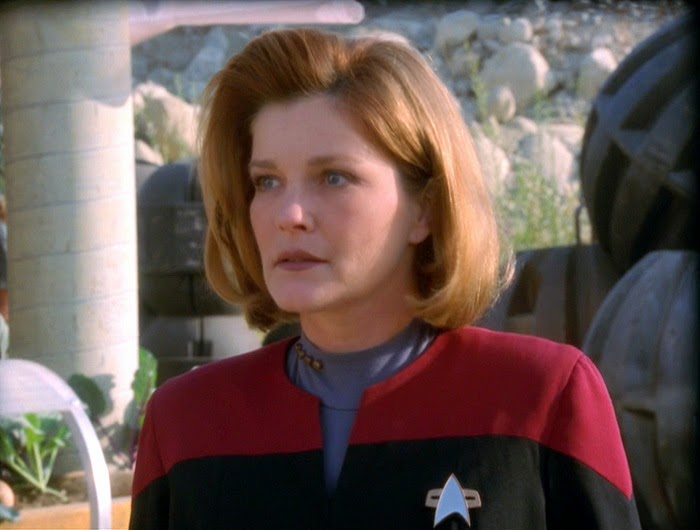By now followers of this blog and the renamed Talagxaon Particle blogspot are no doubt seeing these alterations to the story's title. Yeah.
So what's up with the name changes?
They are the travails of a writer I suppose.
Admittedly, from the beginning, I've struggled to find the right description that hones in best on what I'm expressing with this saga. When I first envisioned the Particle concept some nine years ago, at first it was about a new beginning. And it still is. But as I continued I realized that the "new beginning" talked about in the line -- "New Evolution. New Age. New Genesis. New Enlightenment." -- all that hinged on something fundamental, something elemental. Epoc Enuma, my deliberate misspelling of the word "epoch" and transliteration of the Babylonian word "enuma" to collectively mean "New Genesis," wasn't good enough. It wasn't specific enough. Besides, most of you couldn't pronounce it right anyway and didn't know what it meant either!
Thus The Genesis Particle was born. But that wasn't enough either because, you see, GENESIS wasn't the full expression of this concept itself! It got closer, but not quite.
I kept searching, and blimey, finally found what I was looking for when I thought about the real underlying, and underlining point of this whole story! Everything together now, and what do I see? - a transitional particle so at the heart of things, so unique, and so powerful that it brings everything together.
Folks, what I'm talking about here is the basis for creation itself and the basis for transversing creation!
THIS is the real meaning of my story, and so the real title had finally emerged. I only needed a word that powerfully and poignantly stated what I wanted. I searched, and searched, until, at last, it came to me. And so here it is:
So what's up with the name changes?
They are the travails of a writer I suppose.
Admittedly, from the beginning, I've struggled to find the right description that hones in best on what I'm expressing with this saga. When I first envisioned the Particle concept some nine years ago, at first it was about a new beginning. And it still is. But as I continued I realized that the "new beginning" talked about in the line -- "New Evolution. New Age. New Genesis. New Enlightenment." -- all that hinged on something fundamental, something elemental. Epoc Enuma, my deliberate misspelling of the word "epoch" and transliteration of the Babylonian word "enuma" to collectively mean "New Genesis," wasn't good enough. It wasn't specific enough. Besides, most of you couldn't pronounce it right anyway and didn't know what it meant either!
Thus The Genesis Particle was born. But that wasn't enough either because, you see, GENESIS wasn't the full expression of this concept itself! It got closer, but not quite.
I kept searching, and blimey, finally found what I was looking for when I thought about the real underlying, and underlining point of this whole story! Everything together now, and what do I see? - a transitional particle so at the heart of things, so unique, and so powerful that it brings everything together.
Folks, what I'm talking about here is the basis for creation itself and the basis for transversing creation!
THIS is the real meaning of my story, and so the real title had finally emerged. I only needed a word that powerfully and poignantly stated what I wanted. I searched, and searched, until, at last, it came to me. And so here it is:
THE TALAGXAON PARTICLE
This
is the cause for which everyone in our epic will race whether they know
it or not, and for which I finally, ultimately, at last, have a title
that expresses my heartfelt realization! What does "talagxaon" mean? Keep reading and find out.
As
we go deeper into this tale you'll start to see pieces fit together
that at first appeared incongruent. You'll start to understand why the
immediate focus wasn't on the talagxaon itself, why it's kept a mystery
from everyone. You'll begin to more fully realize why we discuss the
upward reach of man at this and the Talagxaon blog, and how that philosophy ties into the Talagxaon storyline.
So, welcome aboard...again. And get ready for the journey. This is not a one-off.
To the upward reach of man.




